 Shutterstock
Shutterstock
Dogs have an incredible ability to sense what their humans are feeling, often before the person even realizes it. Their sharp instincts and deep emotional connection make them expert mood detectors, always tuned in to subtle shifts. By observing body language, tone of voice, and even scent changes, they can pick up on emotions almost instantly. While science continues to explore how they do it, one thing is certain—your loyal companion always knows when something is off and will be there to offer comfort, support, and unconditional love.
Reading Your Facial Expressions Like a Book
 Shutterstock
Shutterstock
Dogs are experts at reading human faces, noticing even the slightest change in expression. A furrowed brow, a tense jaw, or even a quick blink can send signals they instantly recognize. They associate facial expressions with past experiences, allowing them to understand when you’re happy, sad, or stressed. If your dog tilts their head or watches you closely, it’s likely processing your emotions and preparing to respond.
Picking Up on Your Tone of Voice
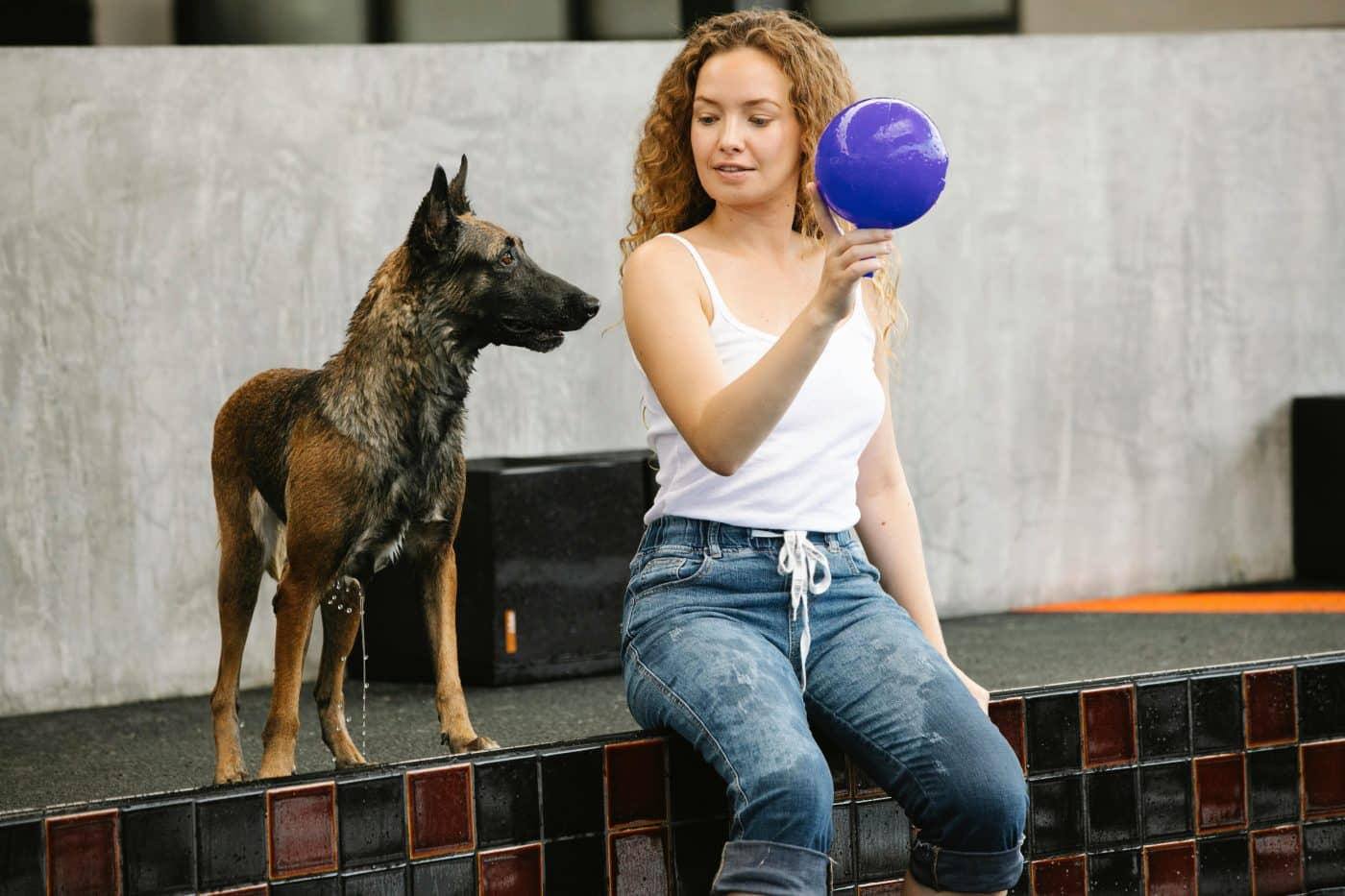 Shutterstock
Shutterstock
It’s not just what you say—it’s how you say it. Dogs are highly sensitive to tone, easily distinguishing excitement, sadness, or frustration. Even if your words remain the same, a shift in pitch or speed tells them everything they need to know. Their response often mirrors your tone, which is why they get extra bouncy when you sound happy or come to comfort you when you seem upset.
Detecting Changes in Your Scent
 Shutterstock
Shutterstock
Your body releases different scents depending on your emotional state, and dogs have the perfect noses to detect them. Stress and anxiety cause an increase in cortisol, which alters your natural scent in ways humans can’t perceive. Dogs, however, pick up on these changes instantly, often reacting with increased attention or concern. This is why your furry friend may act differently when you’ve had a tough day—they’re smelling your emotions.
Noticing Your Energy Levels
 Shutterstock
Shutterstock
Dogs are incredibly attuned to the energy you project, effortlessly mirroring your highs and lows. If you’re feeling sluggish, they’re more likely to curl up beside you rather than demand playtime. On the other hand, if you’re excited and full of energy, they’ll eagerly match your enthusiasm. Their ability to adjust to your mood makes them not just great pets but also natural emotional companions.
Watching Your Body Language
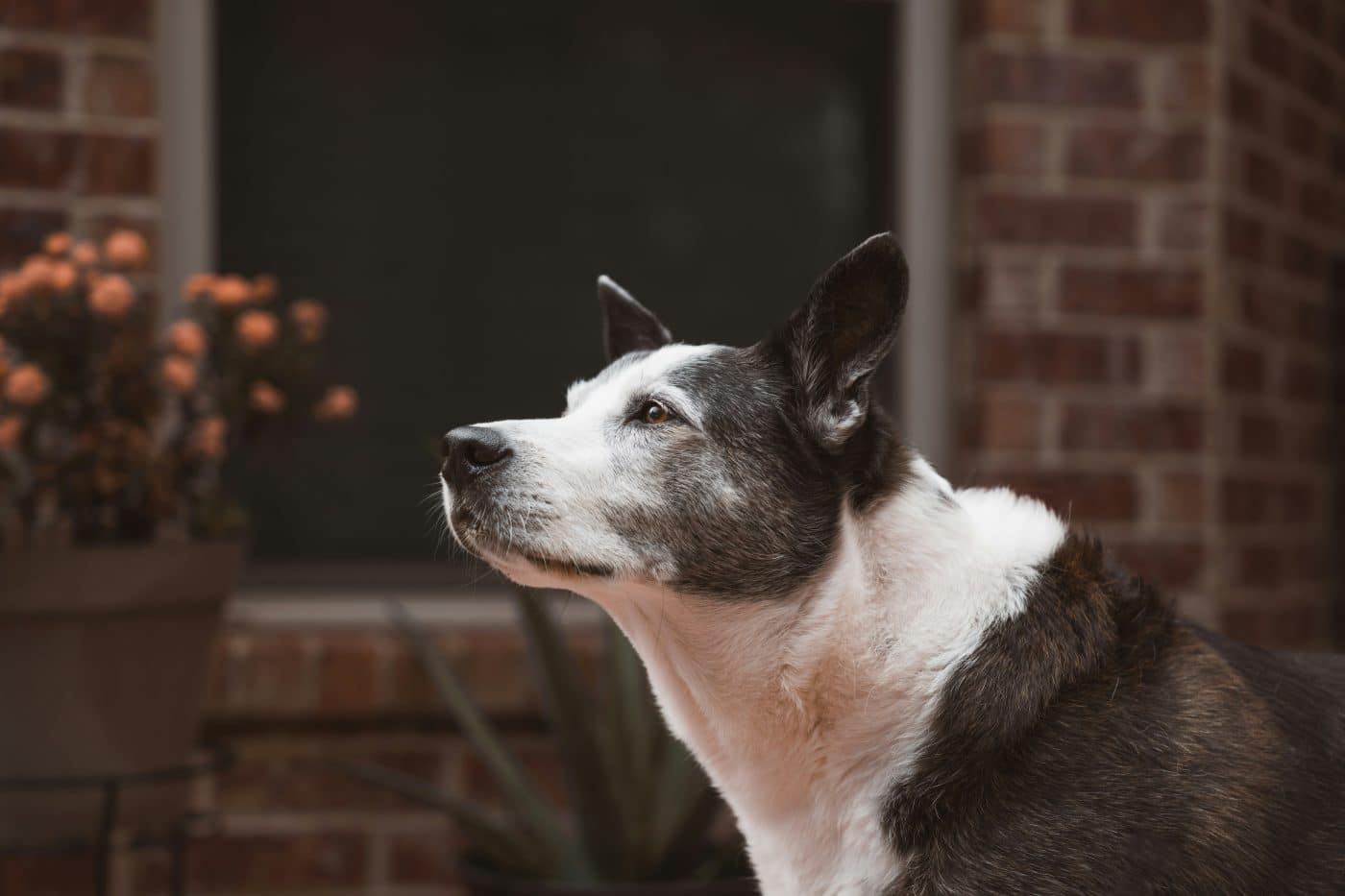 Shutterstock
Shutterstock
Humans may be able to hide their feelings from each other, but dogs see right through the act. They pay close attention to your posture, movements, and even the way you breathe. Tense shoulders, fidgeting hands, or slower-than-usual movements tell them something is off. If your dog suddenly starts sticking close or behaving differently, they’ve likely picked up on an emotion you haven’t even acknowledged yet.
Responding to Your Sleeping Patterns
 Shutterstock
Shutterstock
Dogs notice when your sleep habits change, whether you’re tossing and turning, waking up frequently, or sleeping more than usual. Stress, anxiety, or sadness can disrupt your sleep, and your dog will take note. Some may adjust their sleep schedule to stay awake when you’re restless, while others cuddle closer to provide comfort. Their silent support during the night is just another way they show they care.
Understanding Routine Changes
 Shutterstock
Shutterstock
Dogs thrive on routine, so when yours shifts, they immediately sense something is different. Skipping meals, coming home later than usual, or moving more sluggishly than normal are all signals they pick up on. These changes often indicate stress or sadness, prompting them to offer extra affection or stay extra close. Their ability to notice even small disruptions makes them incredibly perceptive emotional companions.
Reacting to How You Interact with Them
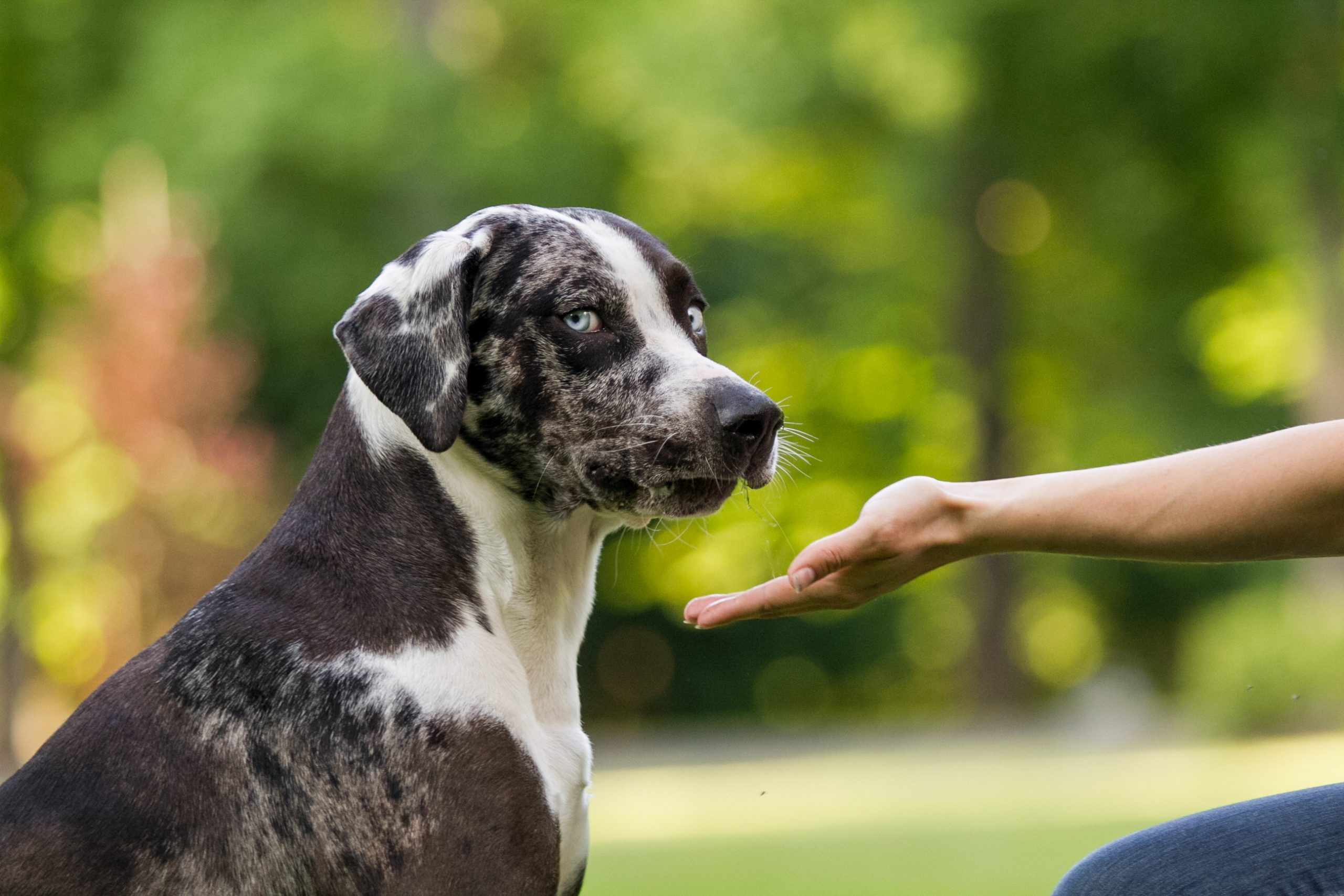 Shutterstock
Shutterstock
The way you pet, play with, or speak to your dog gives them insight into your emotions. A hesitant touch, less enthusiasm during playtime, or a softer voice can all be clues that something is off. They notice these subtle differences and adjust their behavior accordingly, sometimes by offering more affection or giving you space. Their reactions aren’t random—they’re carefully tailored to how they perceive your mood.
Sensing When You’re About to Cry
 Shutterstock
Shutterstock
Dogs seem to have an emotional radar that detects sadness before the first tear even falls. A change in breathing, a sniffle, or even an overall shift in energy alerts them to your distress. Many will rush over, offering a comforting nuzzle or simply sitting beside you in silent support. Their presence is their way of saying, “I’m here, and I’ve got you.”
Noticing When You’re Sick
 Shutterstock
Shutterstock
Dogs don’t just sense emotions—they can also detect physical changes in your body. If you’re feeling unwell, your scent, body temperature, and overall energy shift in ways they can easily detect. Many dogs become extra protective, sticking close by and offering gentle companionship. Some may even try to “care” for you by bringing toys, snuggling more, or refusing to leave your side.
Reacting to Your Stress Before You Even Realize It
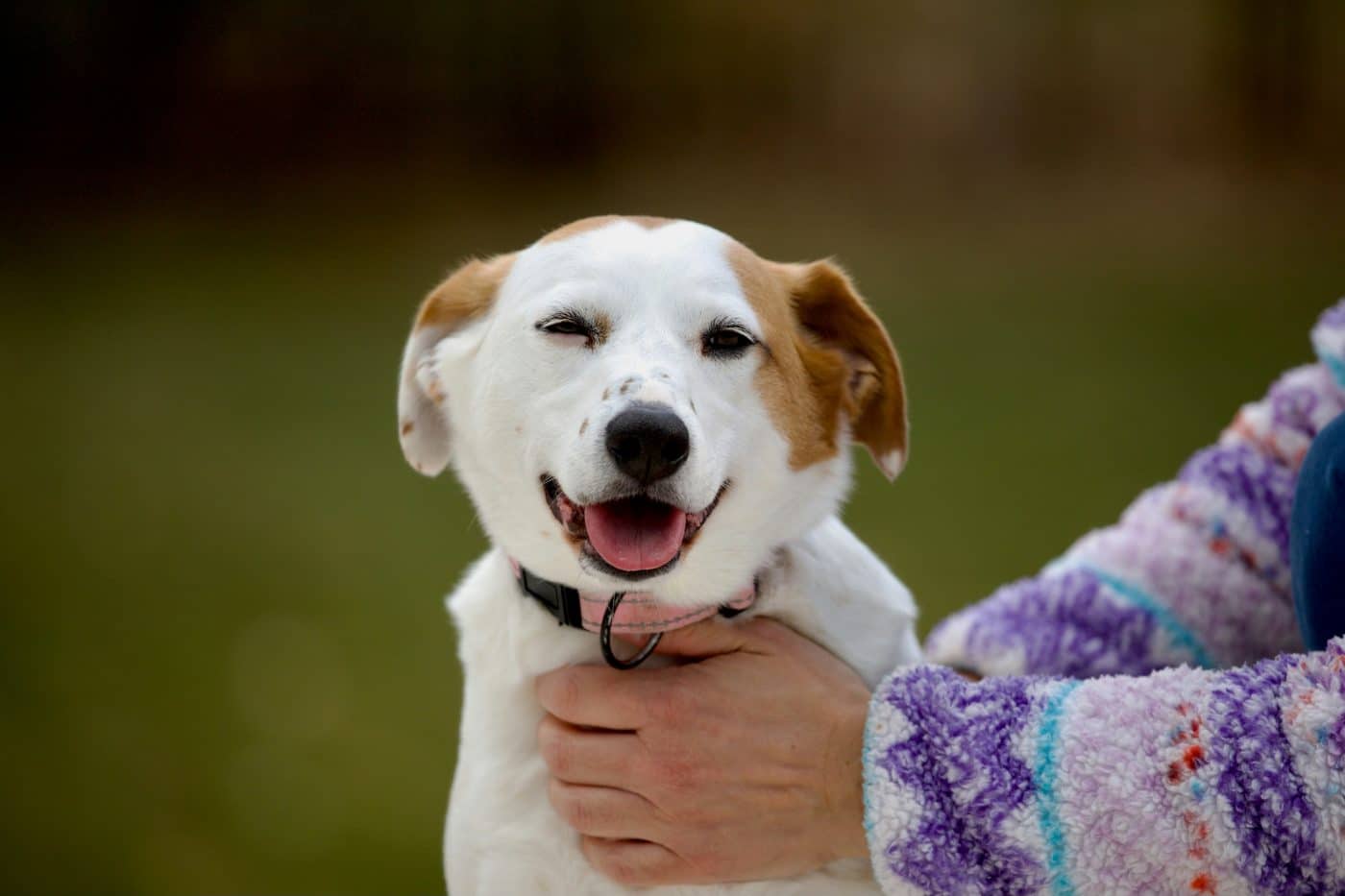 Shutterstock
Shutterstock
Before you fully recognize your stress, your dog has already picked up on it. Maybe your breathing has changed slightly, or you’ve started pacing or fidgeting—whatever the sign, they notice. They may become more alert, follow you around, or act more affectionately than usual. If your dog suddenly starts paying extra attention to you, it might be time to check in with yourself.
 Shutterstock
Shutterstock
Dogs can tell when their owners feel uncomfortable in social situations, even if you try to hide it. If you’re feeling anxious around certain people, your dog may position themselves between you and others as a protective barrier. They sense the tension in your body and adjust their behavior accordingly. Some may even offer reassuring nudges or lean against you to provide silent support.
Anticipating Big Life Changes
 Shutterstock
Shutterstock
Dogs can sense when major life changes are on the horizon, even before you’ve fully processed them. Packing boxes, changes in daily habits, or subtle emotional shifts don’t go unnoticed. Their reactions can vary—some become clingier, while others grow more watchful or restless. If your dog is acting differently for no apparent reason, they might be picking up on a shift in your life before you even realize it.
The Ultimate Mood-Reading Champions
 MidJourney
MidJourney
Companions don’t need words to understand the emotions of those they love. By sensing changes in scent, body language, tone of voice, and daily routines, they quickly recognize shifts in mood. This ability to detect emotions makes them more than just loyal friends—they become sources of comfort and support. Offering excitement, quiet reassurance, or simply staying close, they always seem to know what is needed, sometimes even before it’s realized, proving their deep connection and unwavering devotion in the most remarkable ways.

 1 month ago
30
1 month ago
30



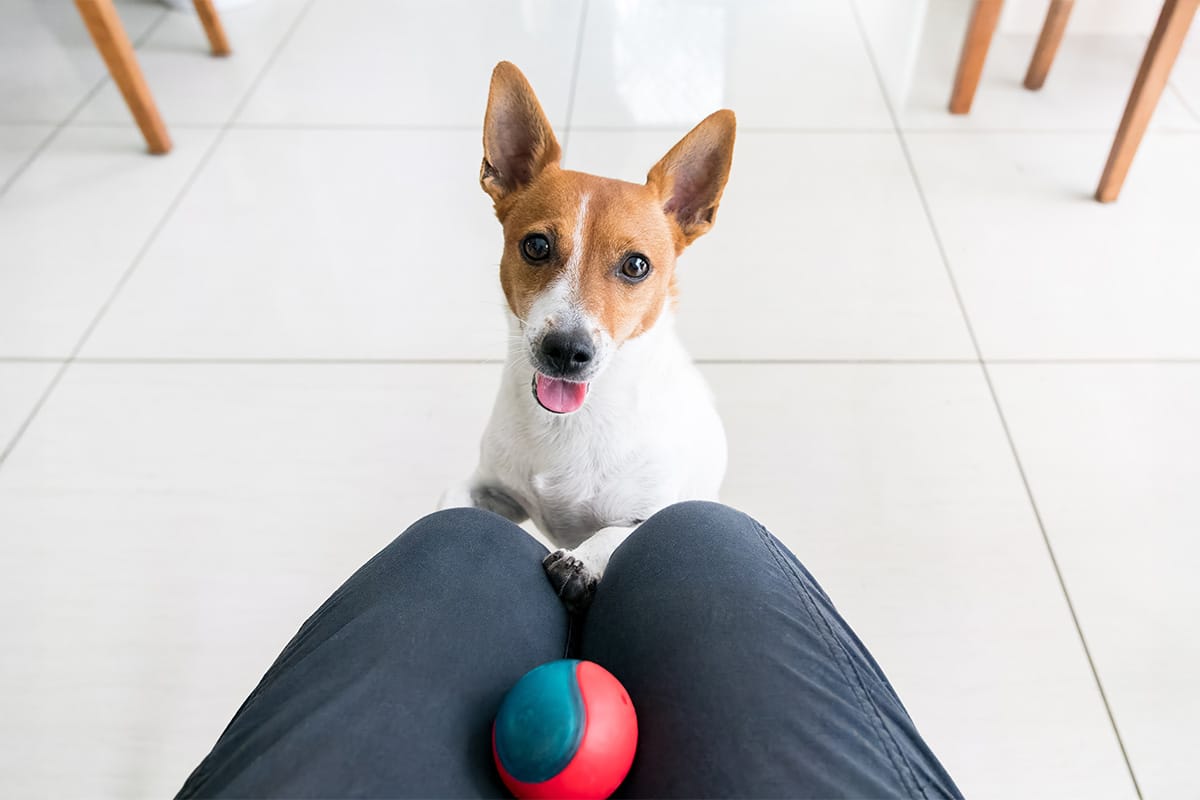
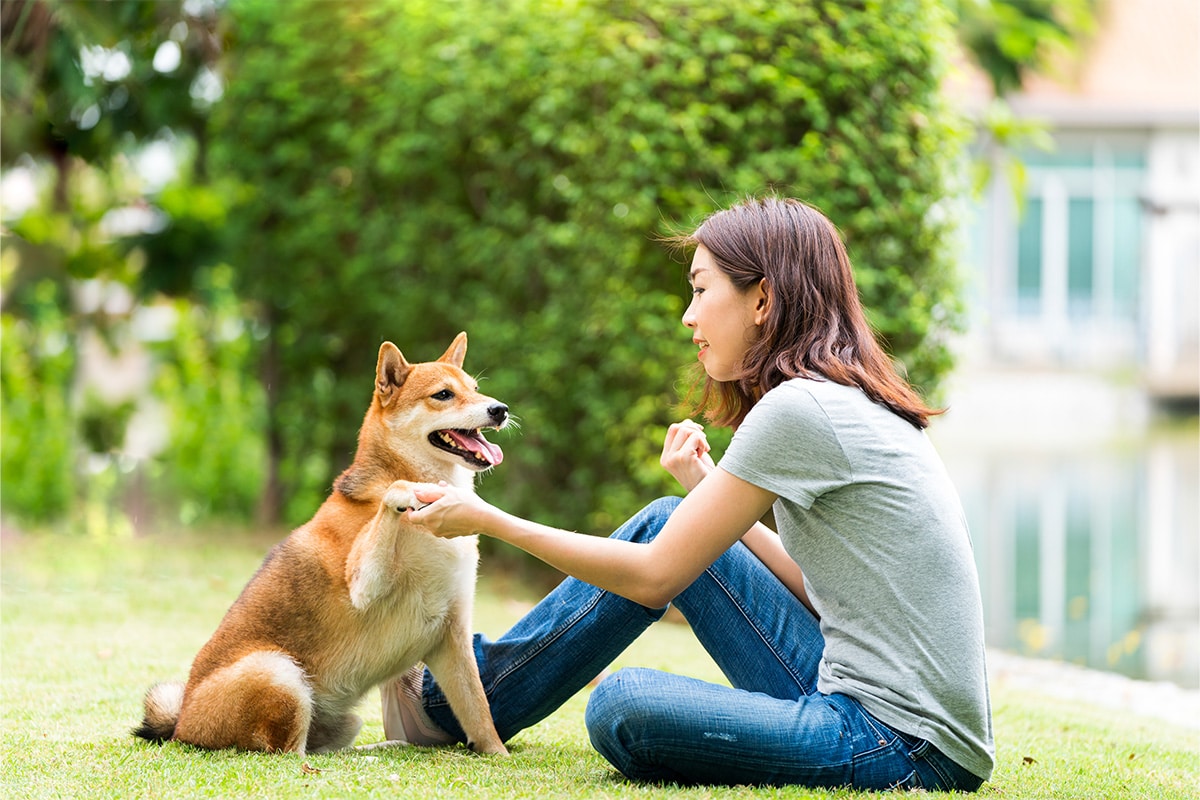
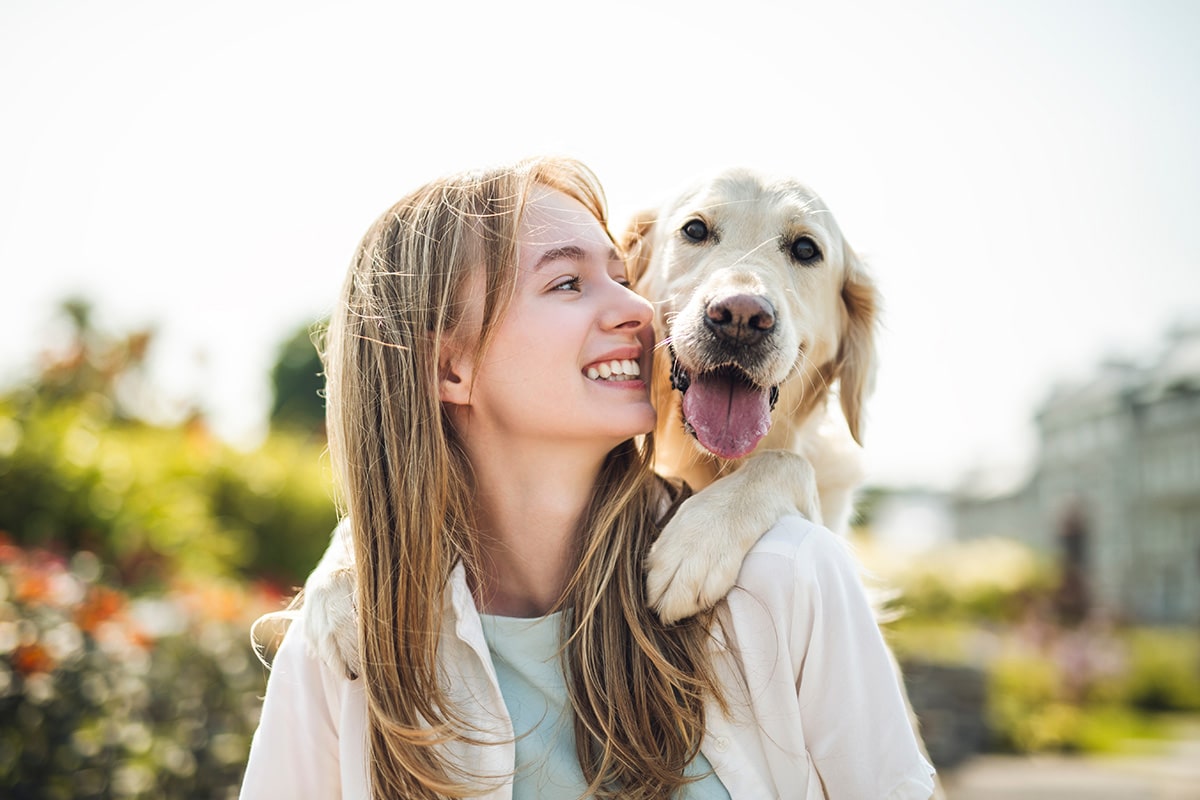



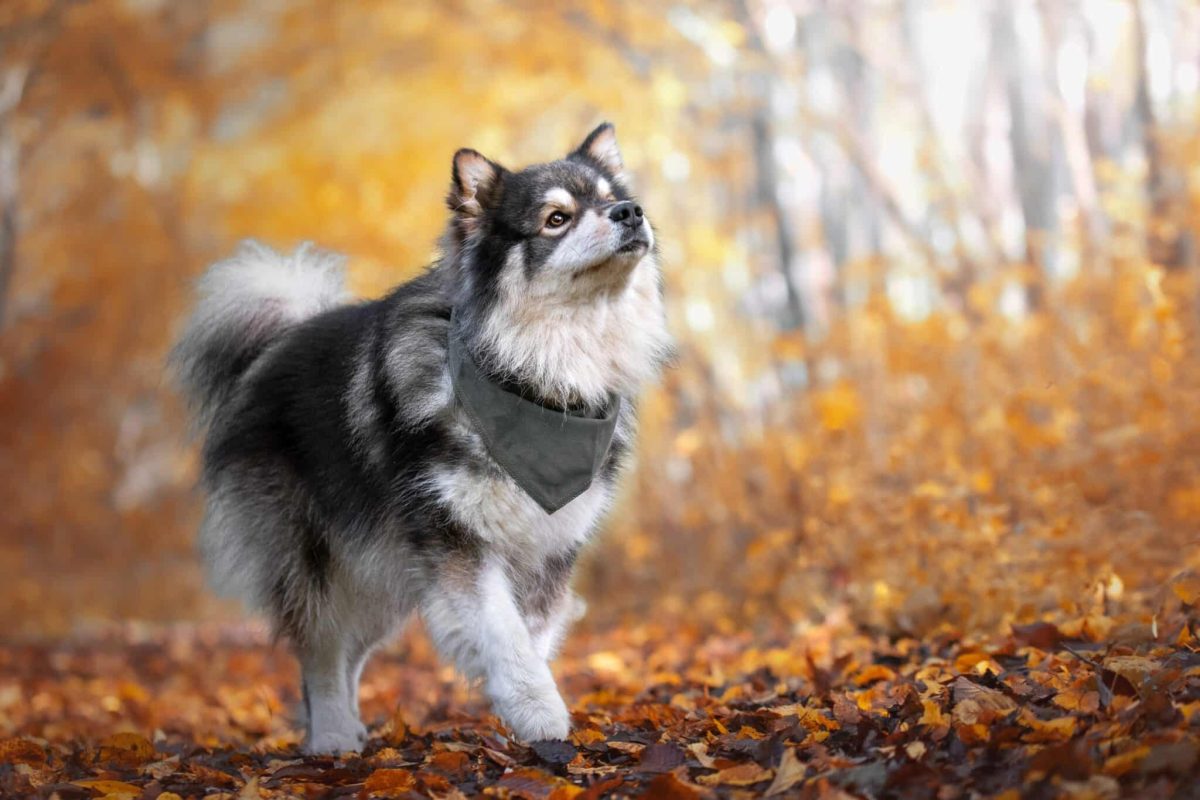




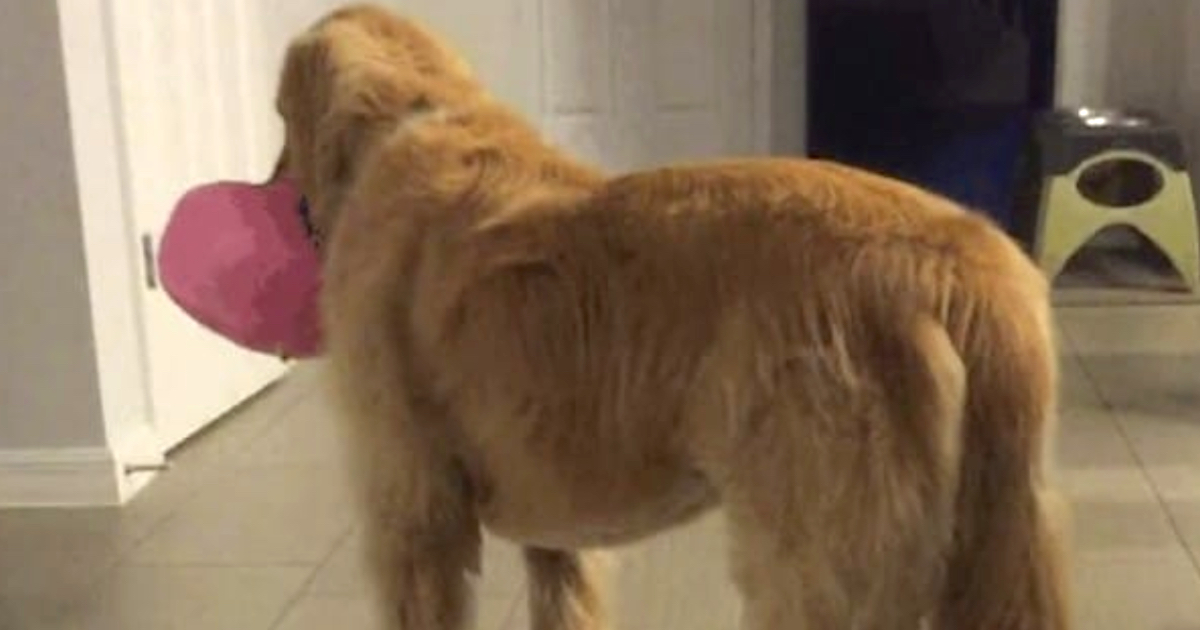
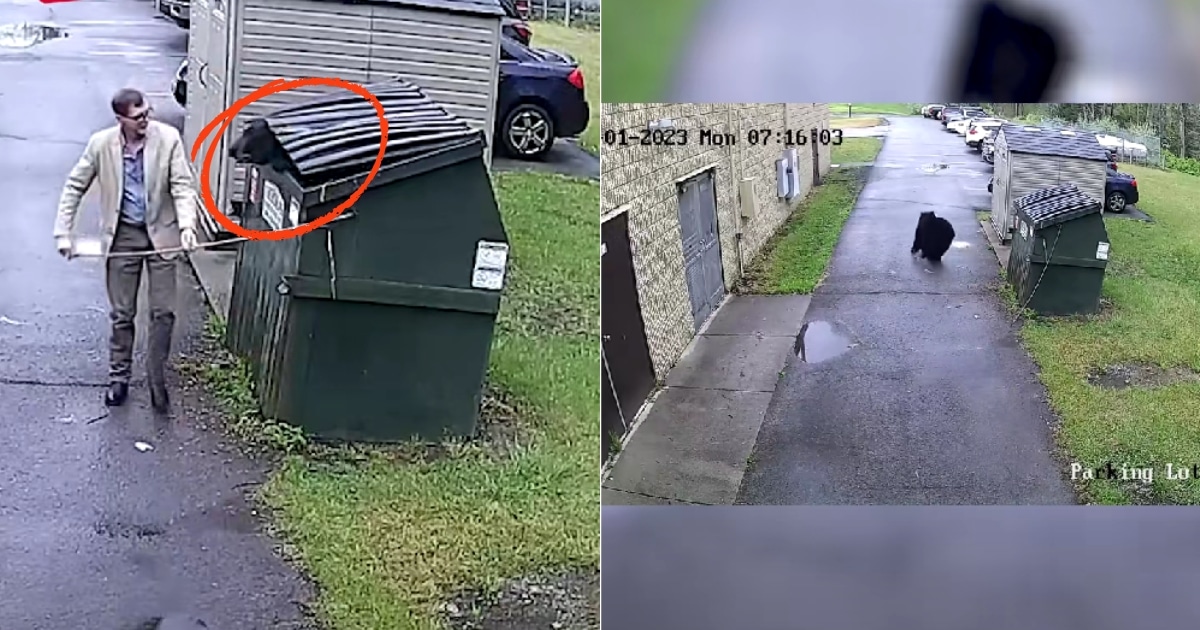
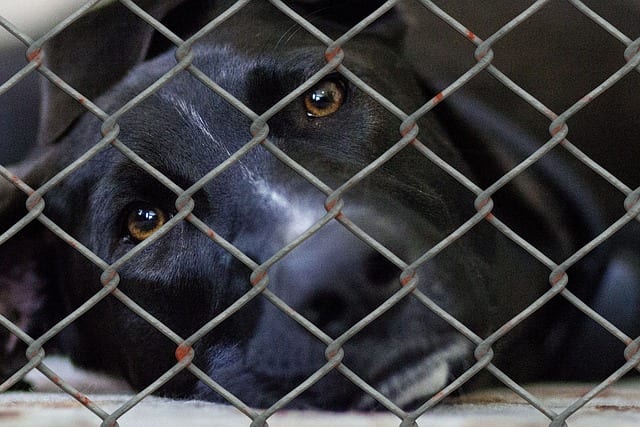

 English (US) ·
English (US) ·